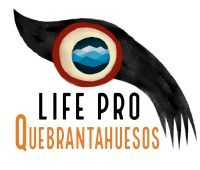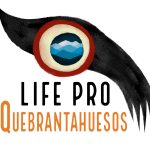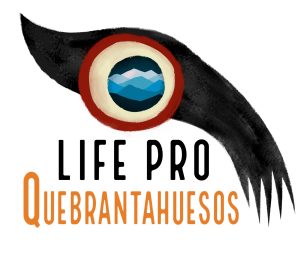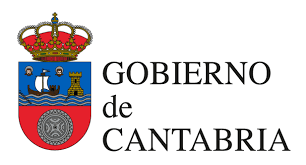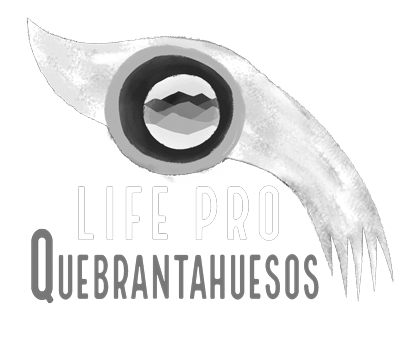Spanish experts on bearded vultures agree to work together to stop the disappearance of the species.
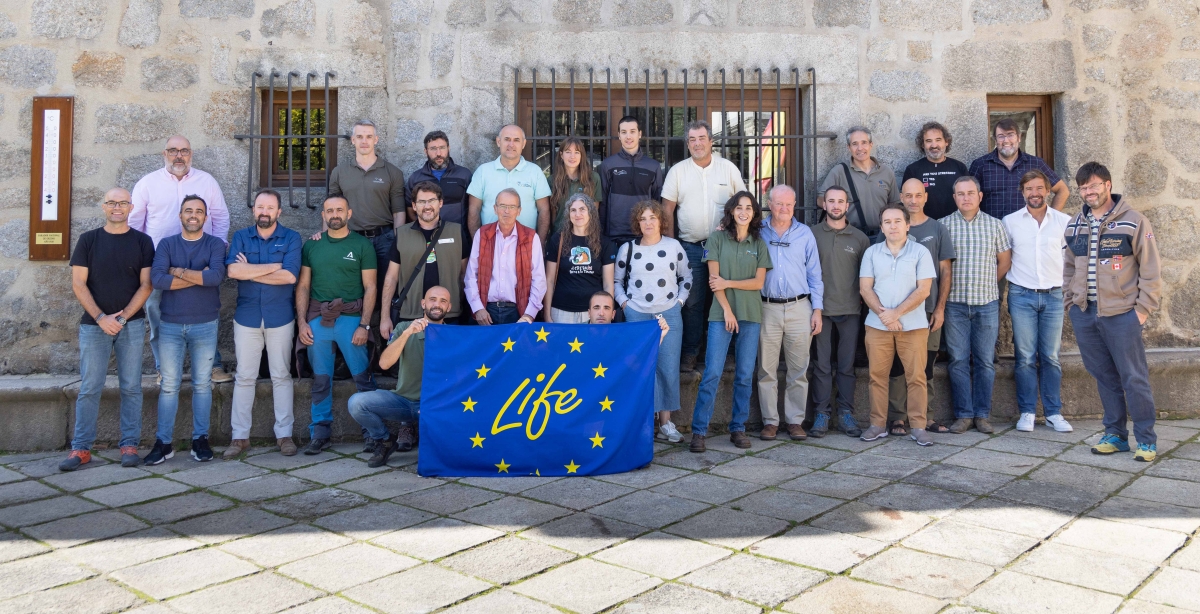
An unprecedented seminar brings together representatives of foundations and public administrations involved in conservation projects.
The participants agree to exchange individuals to improve the gene pool of this bird’s populations in Spain.
The Parador de Turismo de Gredos has hosted this week the first scientific-technical seminar on captive breeding of the bearded vulture in Spain, a species currently listed as endangered. There have been three days of intense work (October 2, 3 and 4) attended by a total of 32 experts, including specialists from the Vulture Conservation Foundation (VCF, based in the Netherlands) and the Foundation for the Conservation of the Bearded Vulture (FCQ), the organizer of the event. Representatives of the Ministry for Ecological Transition and the Demographic Challenge (MITECO), the Government of Aragón, the Generalitat Valenciana, the Junta de Andalucía and the Junta de Castilla y León, as well as members of the High Scientific Council (CSIC), veterinarians from the Fundación Aquila and veterinarians from the Instituto de Investigación en Recursos Cinegéticos (IREC-CSIC) attended.
The FCQ is the entity that has been developing for years the bearded vulture reintroduction projects in the Picos de Europa, in the Cantabrian Mountain Range; the Sierra de Gredos, in the Central System, and the Maestrazgo region, in the Iberian System. For its part, the VCF has been developing similar projects in the Maestrazgo region of Castellón and, together with the Junta de Andalucía, in the Sierra de Cazorla, Segura and Las Villas with magnificent results.
The seminar is part of the project “LIFE PRO BV: Iberian Corridors for the Bearded Vulture”, coordinated by FCQ. This is the first event that has managed to bring together professionals in the field of conservation of the species in Spain with the purpose of adding knowledge and work capacity, in everything related to captive breeding and reintroduction programs.
Throughout the different sessions, researchers, veterinarians and other renowned specialists with extensive experience in the field of conservation, have discussed the situation of the bearded vulture in Spain, taking into account present threats (poison, power lines) and future threats (emerging diseases such as avian malaria, Nile fever or avian influenza, associated with global climate change). In addition, the participants were able to learn first-hand about the hacking platform for the release of specimens that the Sierra de Gredos Regional Park is currently hosting as part of the aforementioned LIFE project. During this field day, the participants were able to observe two bearded vultures in the wild: the females “Alejandra”, from Andalusia, and “Galana”, released in 2022 in Gredos.
All parties agreed that it is now possible to speak of a single bearded vulture population in Spain, with no distinction between the southern and northern populations. In this sense, they have committed to work in a coordinated manner to address the threats to the species and to improve existing scientific knowledge. In addition, they have agreed to exchange individuals to improve the gene pool of the bearded vulture in our country, which helps to ensure its long-term future. The conclusions of this seminar will be taken into account for the drafting of the Spanish bearded vulture conservation strategy, which aims to update the one approved in 2000 and which will be processed in the coming months.
